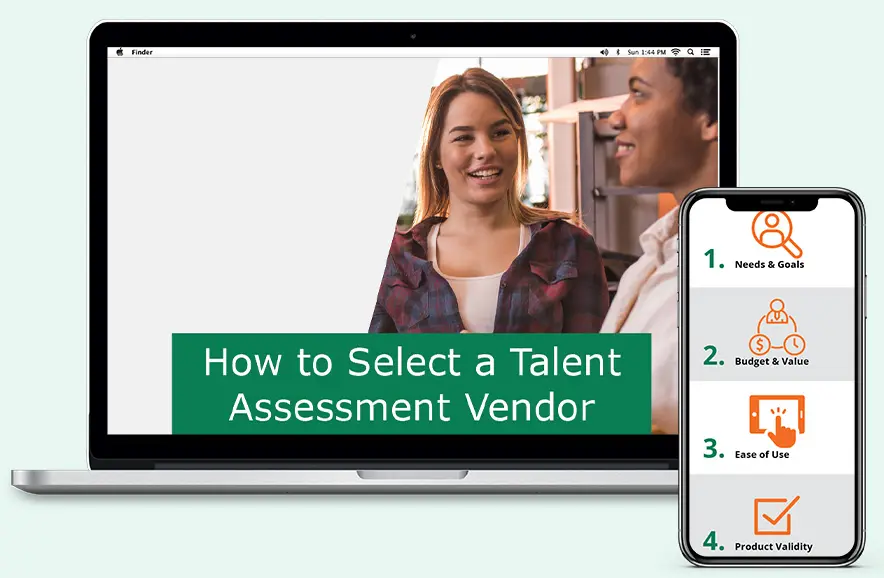
Every employee in North America has the right to a safe workplace; it's law. Workers toiled in unsafe conditions for centuries and it wasn't until the last 50 years that a safe work environment became the standard that all employers had to reach. We now live in the most safety-conscious period in human history.
While a safe workplace is every worker's right, not all of the responsibility lies in the hands of the employers. Employees share in this responsibility. It isn't enough to assume that you'll be safe at work simply because your employer is mandated by law to provide a safe environment.
While safety is the main game, every employee brings different attributes to the table. Experience and personality are two areas where those differences are most apparent, and while experience definitely increases the chance of safe decision-making, your personality might be just as important when it comes to preventing incidents.
How Can An Employees Personality Affect Their Safety?
Recent studies have shown that personality type can be a strong indicator of potential safety issues. For example, an inquisitive person who loves to solve riddles is probably also someone with a reduced attention span. Therefore, they might not be suited to oversee a monotonous but vital task like monitoring safety readouts at a nuclear facility (a la Homer Simpson).
Personality assessments often look at factors such as compliance/defiance, reactions to pressure situations, overall mood, attention span, risk management and coachability. These factors all contribute to workplace safety.
A perfect example of personality playing a huge factor in a workplace incident occurred on January 15, 2009, when US Airlines flight 1549 was safely brought down in the middle of the Hudson River. The plane collided with a flock of geese after take-off and the pilot, whose personality was hard-wired for being calm and focused, instinctively brought down the plane with no loss of life using a water landing that he had never practiced before. His composure saved many lives, and even though he had no water landing training, he was able to instinctively make the safest decision. One could argue that his personality saved many lives.
Employers can use these personality profiles to help coach and improve workers weak areas, insure that employees are given more tasks that suit their personality (and therefore their productivity) and help identify potential safety issues. Personality tests can also offer an extra layer of reference when hiring new employees.
Employees can also use this info to make their job safer. Knowledge is half the battle and by being aware of your personality and how it can affect your safety it becomes easier to avoid personality pitfalls. Employees can learn to refine their personality, react better under certain situations, better understand how their co-workers will react and ultimately grow as a person and a team.
How Self-Aware Are You?
If you have never taken one of these personality assessments it is well worth your time. The insights gained are invaluable, will help you improve and will even lead to a safer workplace. Remember, there are no right or wrong answers on a personality assessment, only opportunities to be reflective and grow. Understanding all the factors that contribute to workplace safety can only help you and your co-workers end each work day the perfect way: safely.










